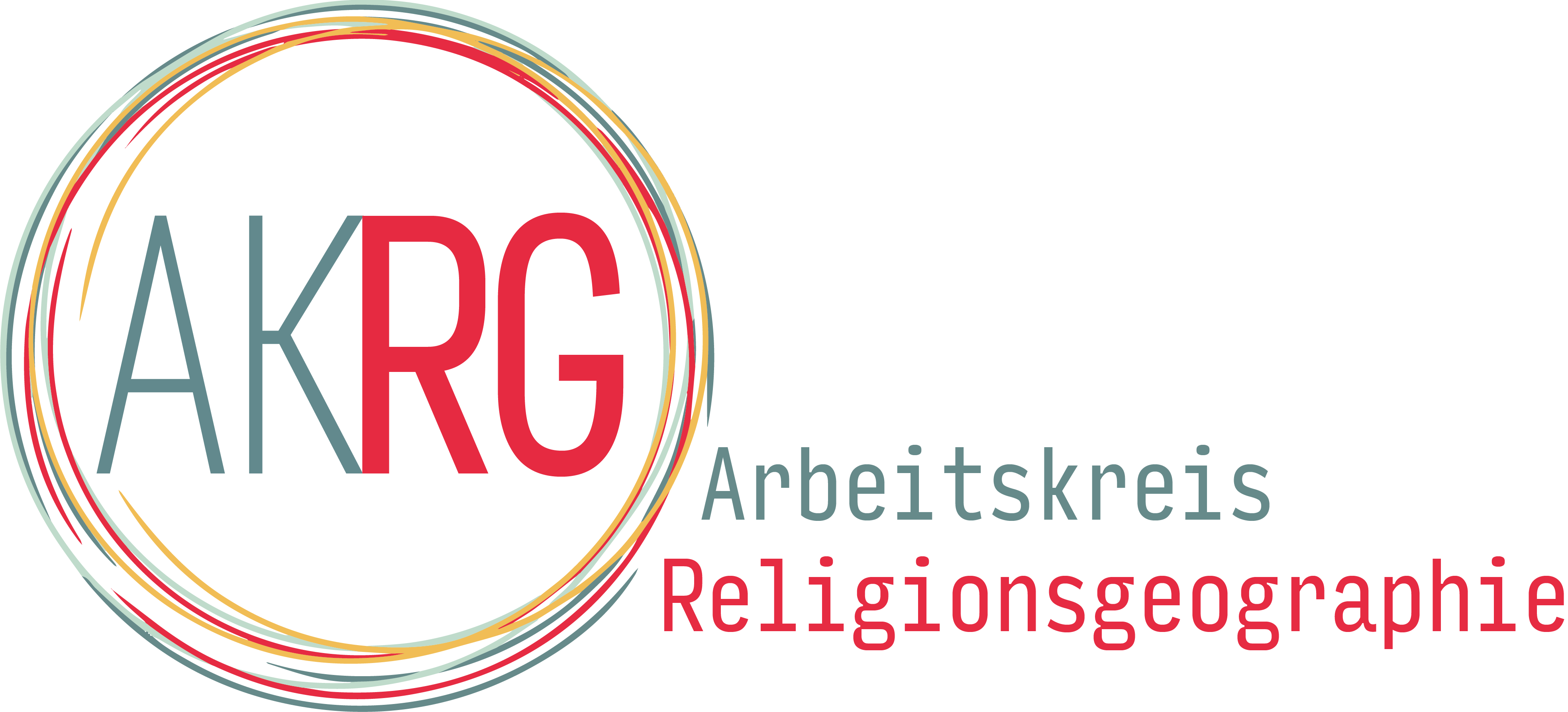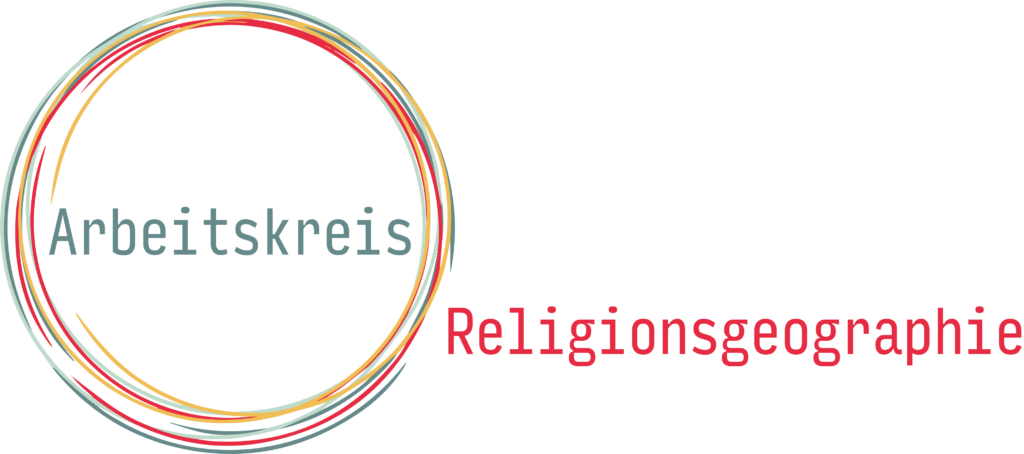„Religion and Space in the Digital Age„
Annual Conference of the DGFG-Working Group „Geographies of Religion“
(21.11. and 22.11.2024; Jena)
[Deutsche Version verfügbar auf https://ak-religionsgeographie.de/]
In a world shaped by digital transformation, new research questions and approaches emerge for the field of the geographies of religion. Digitalization, which permeates all areas of life, has not only changed the way we communicate, work, and live but also had profound impacts on religious practices, belief systems, and the organization of religious communities.
The annual conference of the DGFG Working Group „Geographies of Religion“ therefore addresses the topic of „Religion and Space in the Digital Age“ and invites researchers and interested parties to contribute to the complex relationships between space, society, religion, and digitality.
The digital revolution has led to a redefinition of religious spatiality: Virtual spaces, social media, and digital platforms have become new arenas for religious community building, proselytizing, and spiritual seeking. These developments raise important questions: How does digitalization change traditional religious practices? What new forms of religiosity and spirituality emerge in the digital space? How do digital and physical religious spaces interact with each other? A current example of the interconnectedness of religion and digitality is the increasing spread of online worship services and prayers, as well as religious apps that offer believers new ways of spiritual practice and community. Works like Campbell and Tsuria (2022) on „Digital Religion: Understanding Religious Practice in New Media Worlds“ attest to the growing significance of this subject as both practice and field of research.
The aim of the call is to collect a wide range of research approaches and findings that illuminate the complexity and dynamics of the interplay between religion and space in the context of digitalization. We hereby invite the submission of abstracts for scholarly contributions as well as short spotlights or panel discussions – both on the topic of the annual conference and other themes on geographies of religion. We particularly encourage interdisciplinary contributions that bring new perspectives and methods into the discussion. Explicitly welcome are early career researchers at any stage who want to present their own ideas for constructive discussion.
Possible focal points may include:
- Changing relationships between space, society, religion, and digitality
- Case studies on various forms of religious socialization
- Digitalization, digital media, digital religion, e-religiosity, and the media turn in the context of religious studies and religious geography research
- Digital formats for conveying religious messages, organizing religious communities, proselytizing, and preaching
- Societal contexts of digitalization movements in the religious field
- Specific forms of digitality and digital means (e.g., AI-supported services)
- Places of religion in the digital realm (e.g., screenscapes of e-religiosity)
- Studies on the role and presence of religiosity in digital media (e.g., social networks) that were not originally designed as platforms for religious communication
- Reflections on the transformation of the religious and its governmental dimension when community-building processes take place digitally
In addition, contributions that address other questions regarding the relationship between religion and space are also welcome.
The conference „Religion and Space in the Digital Age“ will take place under the local leadership of Simon Runkel (Jena) and the speaker team of the DGFG Working Group of the “Geographies of Religion” (Frank Meyer, Matthias Gebauer, Edgar Wunder, Franziska Sandkühler) on November 21 and 22, 2024, in Jena. We expect to start at 1 pm on November 21 and end at 3 pm on November 22. Exact times and locations will be announced on October 1, 2024, at www.ak-religionsgeographie.de and to all submitters. A fee-based registration will be possible online from October (approximately €25 registration fee to be paid in cash on-site).
Please send your abstracts for scientific presentations (20 min) or short spotlight contributions (10 min) of max. 1 page length by May 31, 2024, to frank.meyer1@tu-dresden.de. Notifications of acceptance will be provided by June 30, 2024. Furthermore, we welcome suggestions for panel or discussion formats.


